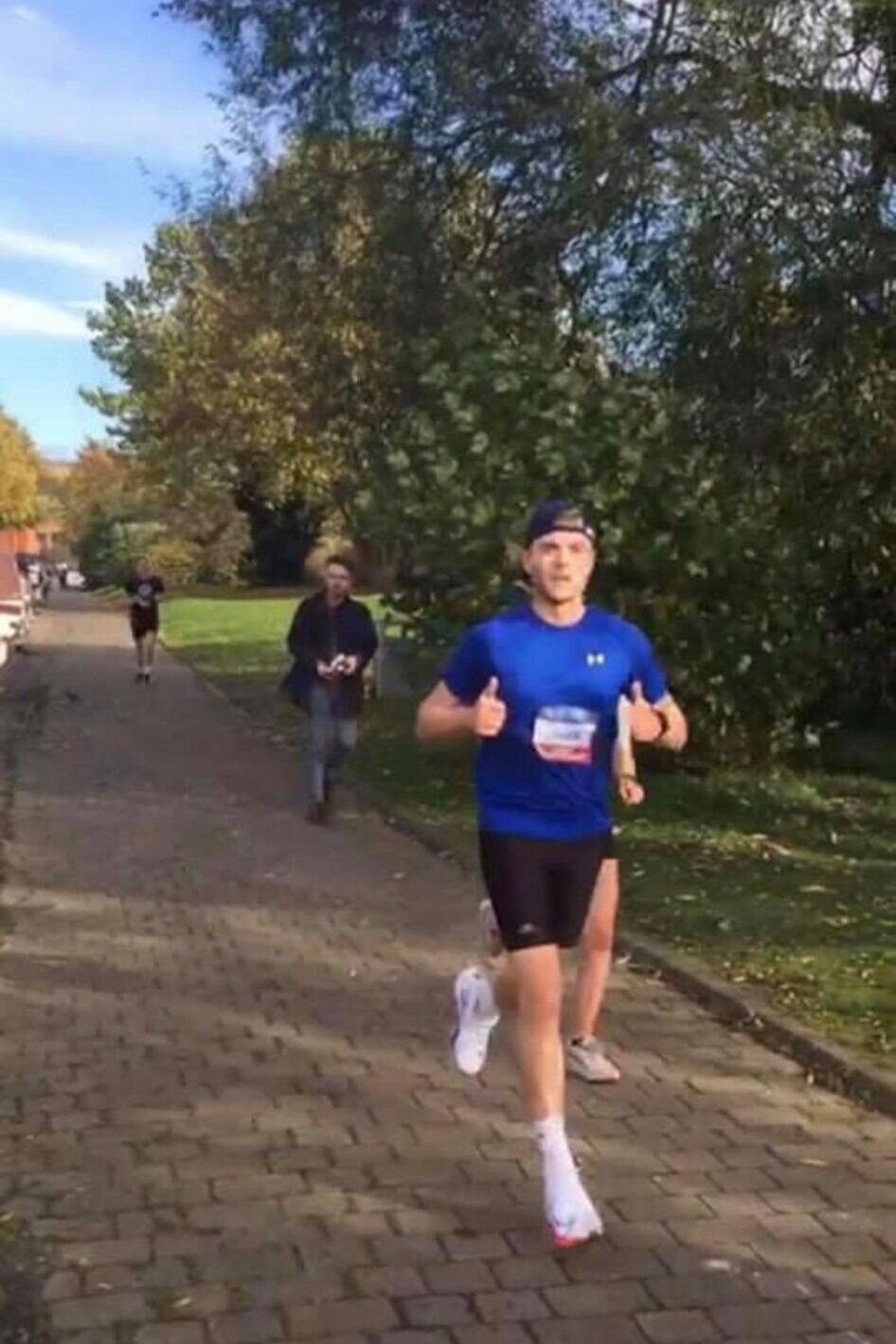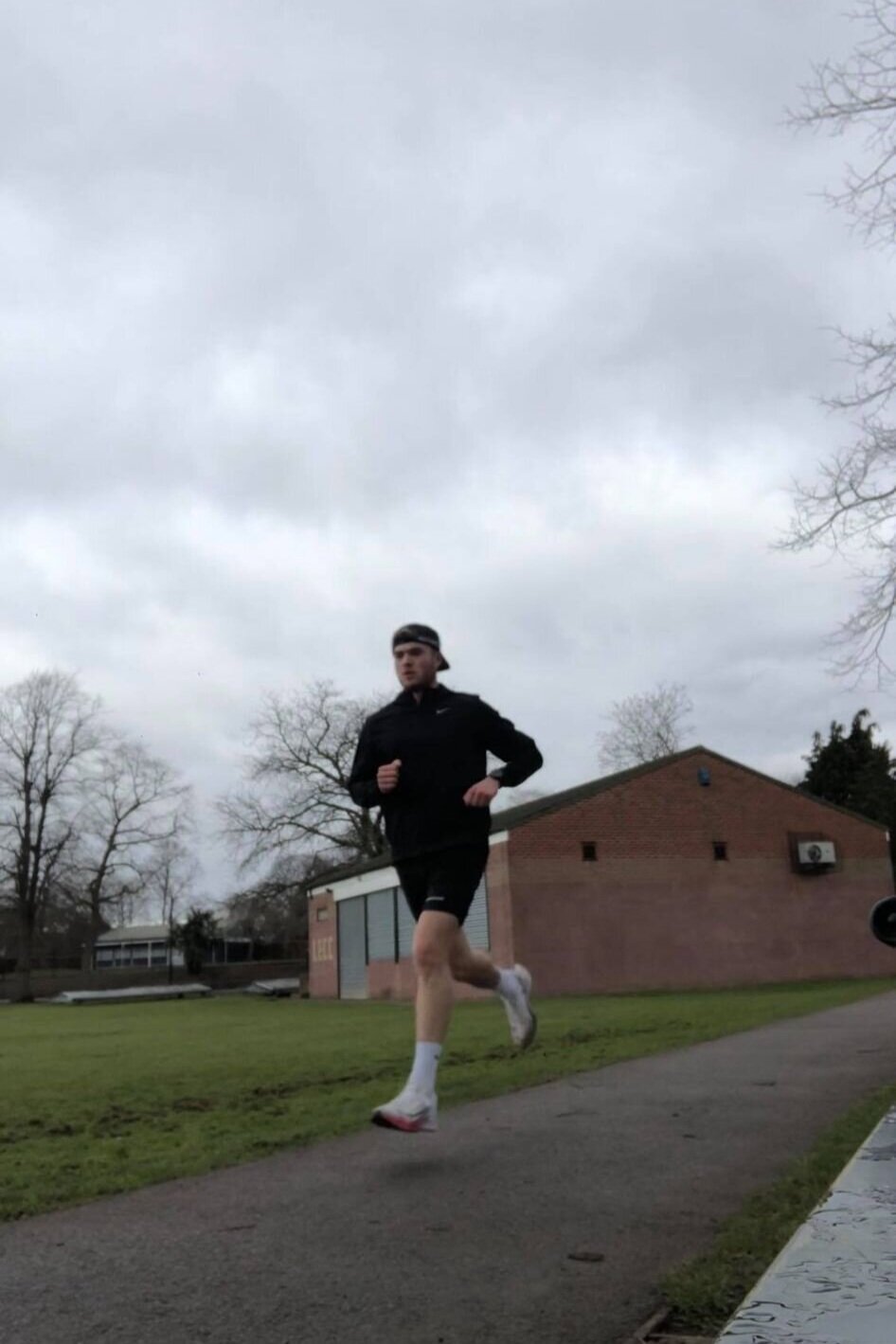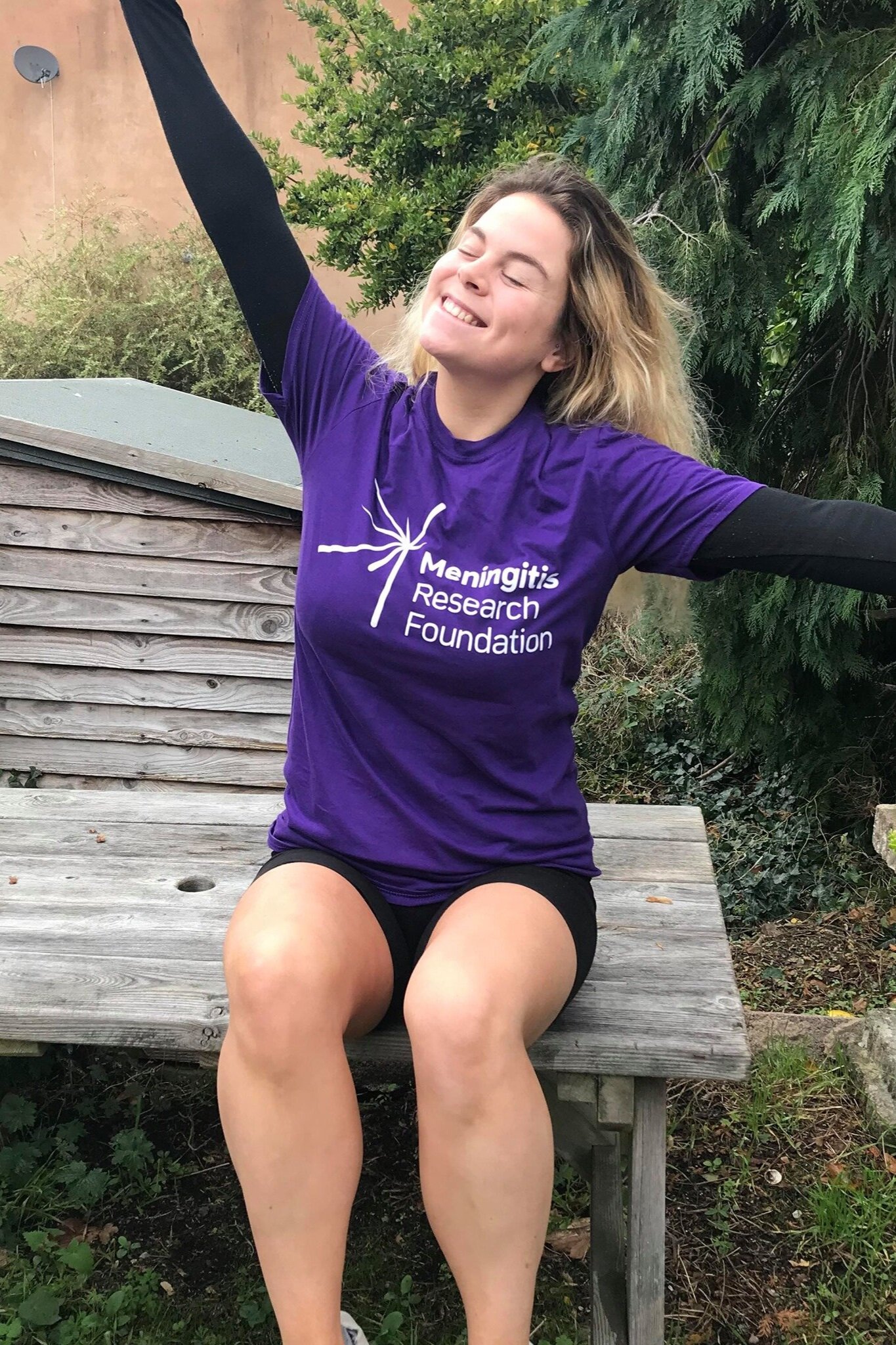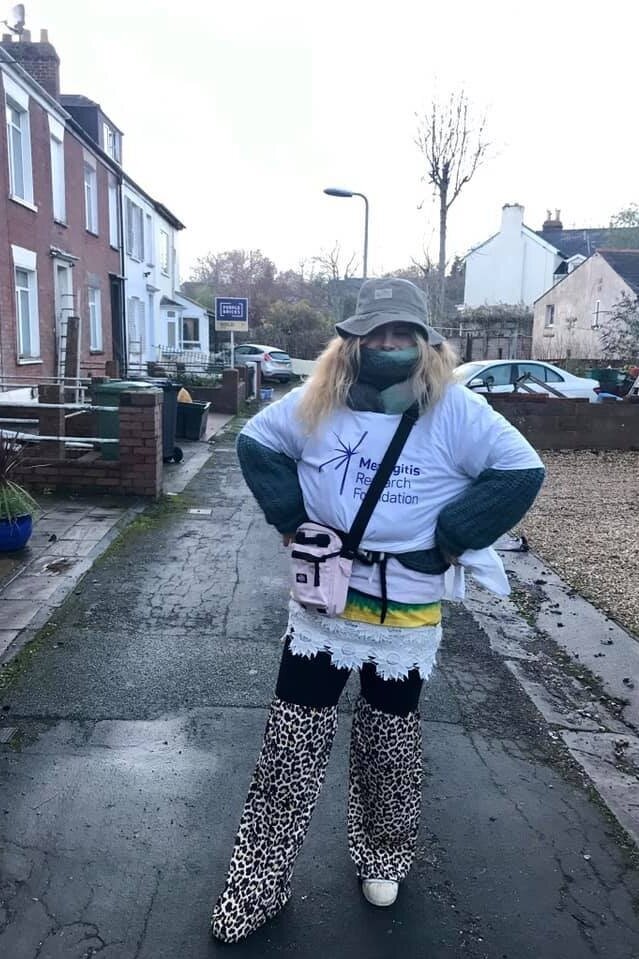Starting Out Right - Fundraising
Starting out as a new Challenge Leader, plunging into the deep end with recruitment, charity meetings, as well as having your own fundraising to consider can be daunting. Simply signing up for a challenge, possibly something you’ve never imagined you’d even do, like, say, trek to Everest Base Camp can be daunting! But these things are daunting for good reason, and we hope this blog can both quell some fears and excite you about your essential role over the next year.
Your first step after signing up, we found, should be to get your personalised fundraising page set up and out there. When you register for a challenge, your charity will send you a welcome email and in it, a link to create your own online fundraising page. Even if you aren’t doing any fundraising challenges yet, simply posting the page on Facebook with a brief bit of what you’re undertaking over the following year will be sure to spark the interest of some keen family and close friends. It’s also likely that there will be supporters of your cause in your long-forgotten list of Facebook friends- people from school you haven’t spoken to in years, or friends of friends of people you met at a random party in freshers week however many years ago. They’ll unexpectedly donate and it’ll suddenly all feel very real and very exciting.
And remember all your different social media! It’s likely that you’ll have different groups of people on each one- so don’t post solely on just one. Everyone has more networks of people than they can immediately think of off the top of their head and depending on your fundraiser, you never know who you could attract. Messaging people directly is also a great way to share your fundraising activities, adding a personal touch to the message and thanking them directly for the donations they make.
We both decided that our first fundraiser was going to be running- related. In Covid times, there wasn’t a lot else to do which was legal! Running fundraisers worked really well for both of us, and proved to be strong starts with our fundraising.
Matt decided to take on the Amsterdam Marathon, albeit virtually around Nottingham, hitting his total fundraising target within the first month of fundraising! Initially a few weeks before the event, I shared on Facebook and family group chats and the donations slowly trickled in. Getting the word out there early really helps reach the wider crowd. Approaching race day and on the morning of the event, all social media platforms had another post that I was taking on the big 26.2 miles and my Justgiving page exploded, already hitting above my 100% fundraising target. Don’t be afraid to drop messages too, this leaves a personal touch and less chance of your JustGiving page being flicked past on news feeds. I had amazing support on the run but when times were tough I knew I had all my friends and family supporting me in the background with the kind donations I had received, supporting Hope for Children.
The running challenge which Becca completed was a 10k per day for 31 days for the Meningitis Research Foundation. Every single day I’d post my Strava, JustGiving link and a despicable attempt at a comedic commentary alongside both on my Facebook page. Whilst initially worried that I’d be boring, irritating and pushy for keeping up this engagement daily over a month, I actually found that as the days went by, the more and more engagement each post got. Putting pictures of my red sweaty face also did wonders for the sympathy donations!
We both enjoy running, and it also helps that physical fundraisers have the added benefit of counting as training… most likely necessary for any challenge you’ve signed up for! The number one thing for starting out strong with fundraising is picking something you enjoy. If you have a hobby, can you turn it into a fundraiser? Stay active with communications with your charity, and your RAG committee too (if your university has one). It’s super likely that they’ll all be well- versed in the art of fundraising and so will be able to give you all the ideas you could possibly need before you start holding the 1-2-1s with your recruited team.
With us both being final year students, we found that starting off early not only saved us precious time during stressful assessment periods but also provided us with time to support our team. 2020-21 have been stressful times in itself so being proactive and having good time management takes that extra pressure off your shoulders. With the lockdowns and limitations, why not use your daily crucial daily walk/run/cycle as a fundraising activity? Training for your chosen challenge and bringing your fundraising in the mix too, sounds like an excellent use of your time…
Taking on a new role can be daunting, establish those relationships with the new team members early to make them feel welcome and part of the team, ensuring they have a point of contact when needed. Engaging with the team and their fundraising is a great way to be supportive and network with them. This also links nicely with meeting your charity representatives, they can be a super useful help for supporting yourself and the team with fundraising and providing information about the charity.
One of the huge bonuses of signing on to be a Challenge Leader has been the number of new people we’ve been able to meet- hugely valuable during Covid times, and something our team members have all benefited from too.
Written by:
Matt Crossman- Karnival Three Peaks 2020/21 Leader
Becca Wells - Exeter Kilimanjaro 2020/21 Leader







